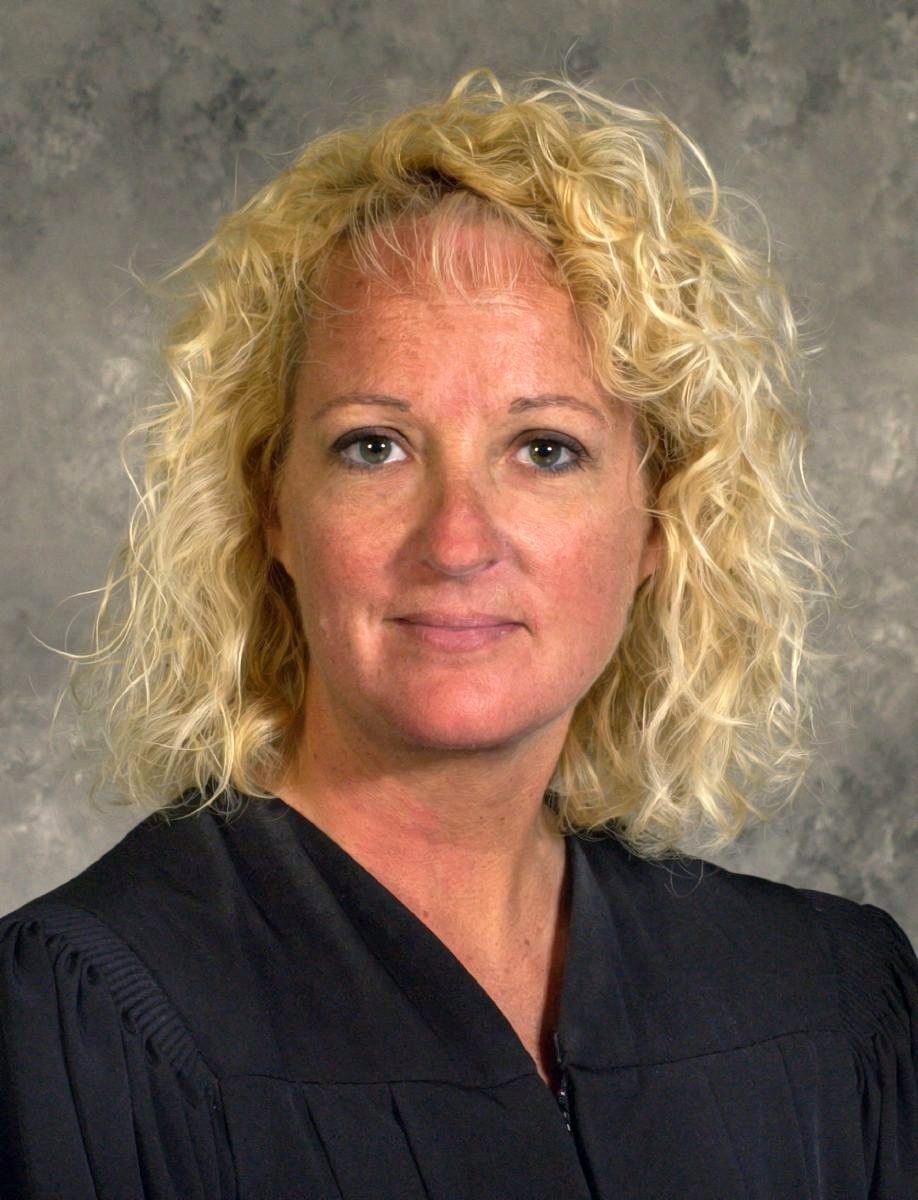<p>Those who are arrested in the county might have access to a fairly new program that will allow them to get out of jail without posting bond, while waiting for their court date.</p><p>The Johnson County Criminal Justice Advisory Board approved a pretrial release program last year. The program allows some lower level offenders to be released from jail, without paying bond, while they wait for their cases to move through the court system.</p><p>When someone is arrested, they are arrested on charges of crimes and booked into the system, but not officially charged. The Johnson County Prosecutor’s Office reviews those cases and determines what, if any, charges to file, and a court date is set.</p><p>Defendants who are on parole, probation or have other pending charges are not eligible for the pretrial release program. Those enrolled in the program would have to report to a parole officer until they are sentenced, said Marla Clark, Johnson County Superior Court 4 judge.</p><p>Indiana’s Supreme Court required all Indiana counties to have a similar program by the start of the new year. The main purpose of the program is to get people out of jail if they do not present a flight risk and are not a danger to the community. Ultimately, people who are in jail awaiting court dates have not yet been convicted of a crime, Clark said.</p><p>"The goal is to keep them from re-offending and make sure they appear for their court appearance. It is really geared toward community safety and also releasing people who do not need incarcerated," she said.</p><p>Johnson County officials from the county’s courts, probation, prosecutor and sheriff’s offices began developing the program in June in anticipation of the state law that took effect Jan. 1. They studied pilot counties who had similar programs, such as Hamilton and Hendricks counties, as well as Bartholomew County’s system, Clark said.</p><p>“The program we have developed is the result of a lot of hard work and is focused on public safety,” Clark said in a news release."We wanted to make sure that we created a program that is in line with local values.”</p><p>A new division was started in the probation department, with workers in that department screening people who are newly arrested to see if they would be eligible for the program and monitoring those who enroll between jail release and their court dates, which could take days or weeks to more than a year in some cases.</p><p>Once someone is arrested and taken to the Johnson County jail, a probation officer will screen them for the program. If the person is low risk to re-offend or the charge is a misdemeanor, they could be admitted to the program immediately. People still have the option of posting bond and not enrolling in the program, Clark said.</p><p>The probation officer will fill out an assessment that has questions meant to evaluate if the person is a flight risk or a danger to the community. Questions include whether they have had warrants for failure to appear in court in the last two years, or whether they have been incarcerated in the last three years; drug use, job and housing status are other considerations, as well as the nature of the crime, Clark said.</p><p>Those questions will assign each of the defendants a risk level for flight and community danger. Ultimately, a judge will decide who gets to enter the program.</p><p>Typically, when someone bonds out, the courts rely on bail bond companies to make sure people show up for their court dates. This program puts that on the probation officer who the person will be required to check in with while their cases move through the system, Clark said.</p><p>"This is another tool courts have to supervise," she said.</p><p>In county data compiled between July 1, when the program began, and the third week of November, 585 people were arrested; 396 were ineligible for the program; 189 were assessed for the program; eight were immediately admitted to the program; 73 were allowed into the program by a judge; 60 were not allowed admittance by a judge’s decision; and 47 bonded out of jail before enrolling in the program, according to data provided by Clark.</p><p>Advisory council members hope that people who have the option of enrolling in the program could help reduce the population of an already overcrowded jail, but it is too early to tell if the program will have an impact on that.</p><p>"We haven’t necessarily found that to be the case yet, but we are still very early in the program" Clark said. "The jury is still out on whether that is a benefit."</p><p>The advisory council will continue to monitor the program to make sure it maintains the public’s safety, she said.</p>[sc:pullout-title pullout-title="By the numbers" ][sc:pullout-text-begin]<p>Here is a look at the number of people considered for the county’s new pretrial release program. This data is from July 1 to the third week of November.</p><p><strong>585:</strong> People arrested</p><p><strong>396:</strong> People immediately not eligible for the program</p><p><strong>189:</strong> People assessed for the program</p><p><strong>8:</strong> People enrolled in the program immediately</p><p><strong>73:</strong> People a judge allowed into the program</p><p><strong>60:</strong> People a judge did not allow into the program</p><p><strong>47:</strong> People assessed for the program, but posted bond before they enrolled</p><p>Source: Johnson County Superior Court 4 Judge Marla Clark</p>[sc:pullout-text-end]
Nobody covers Johnson County and the surrounding areas like the Daily Journal.
30 S. Water St., Second floor, Suite A, Franklin, IN 46131
Phone: (317) 736-7101
Toll free: (888) 736-7101
All text, photos, graphics, artwork and other material on this site are copyrighted and may not be published, broadcast, rewritten or redistributed without permission.
Contact us: [email protected]
© Copyright AIM Media Indiana, LLC





